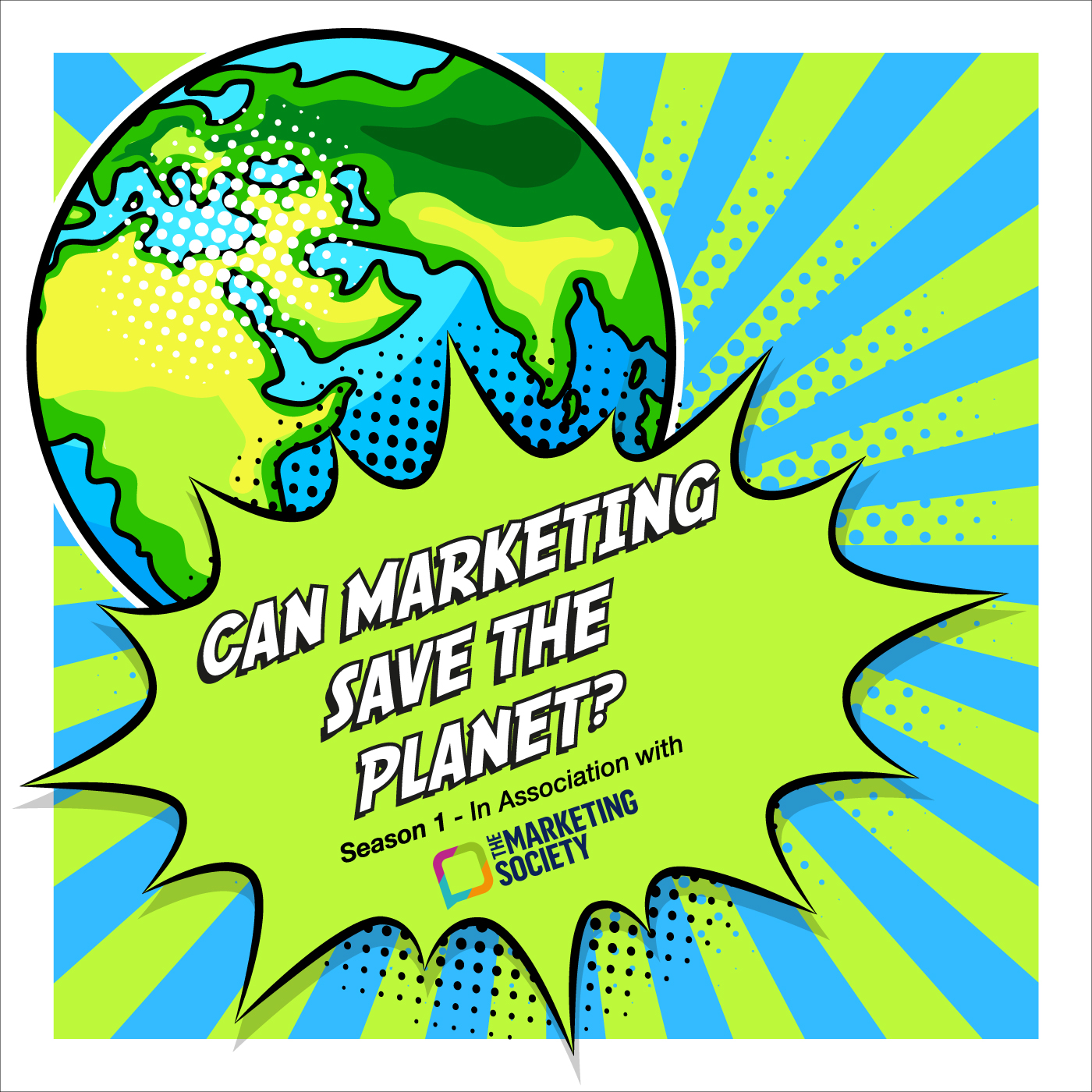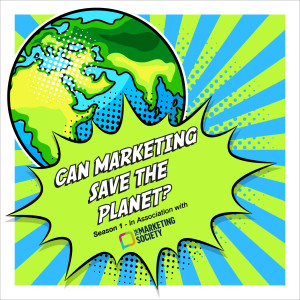“Marketers have the largest job of the lives ahead of them. They have got to drive systemic behaviour change and move us collectively from this linear extractive wasteful, entirely unsustainable model of consumption, that our whole economy and economics is currently based on, and move people over to the sustainable circular economy.”
Summarising the conversation we had with Tessa is a bit of a challenge, simply because in such a short space of time, we covered sooooo much.
Food waste is one of the largest problems facing humanity today – the statistics are startling. Globally a third of all food we produce - that’s over a trillion US$ of food is being thrown away every year. If food waste was a country it would be the 3rd largest source of greenhouse gas emissions.
Clearly the environmental impact is devastating - landmass, manufacturing, packaging, distribution, refridgeration, landfill emitting deadly levels of methan etc etc. But there’s equally a moral and social problem around food waste - particularly at a time where, in the UK, and around the globe we’re in the grips of a cost of living crisis, with families struggling to put food on the table.
Olio is focused on one very specific part of the enormous problem –and for the UK, it’s the largest problem. 50% of food waste in the UK is from food waste in the home, whilst only 2% at retail store level - so there’s much to do about educating people - but also providing people with a simple and effective solution to connect with local people and share and redistribute what would otherwise go to waste. And Olio steps into this role just perfectly.
Tessa shares the latest research from Olio - showcasing that not only do people feel good to know that something has gone on to have a new life or second life with someone else - they also found that sharing creates connection, improving mental health and strengthens local communities. “Taking care of each other and supporting one another is an important part of being human”.
Olio takes the best of tech and melds it with the best of humanity. (And we can personally vouch that it works, as users of the app for a while now - it’s simple and yes you do feel good about getting involved in redistributing ‘stuff’).
And Olio doesn’t just work on a personal level, there’s a B2B component too - working with over 60,000 trained volunteers across the country and local retail stores to redistribute what would become food waste into the local community. It’s a win - win - win.
There’s no doubt that you’ll love this entire conversation - and Tessa’s answers to our timeless 3 questions are GOLD. Our call to action to you is listen and try the app yourself visit https://olioex.com/ it truly is a game changer - (and it’s not just about food - as you’ll hear - you can share and redistribute anything you no longer need).
Huge thanks to Tessa for coming on the show and sharing her wisdom and her important work and impact. Something we can all be a part of. Go do it.
Rescue and redistribute here: https://olioex.com/
______________________________________________________________
You’ll find the Podcast on all the usual pod platforms - and if you love it, do share it and spread the word. Talking about climate change and the role we play is one of the most important things we can do. So join the conversation. We’re all in this together.
Our podcasts are recorded purely via online conferencing platforms, we apologise for any minor sound quality issues.


